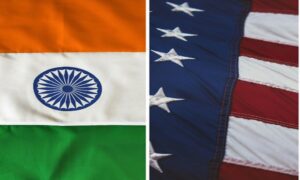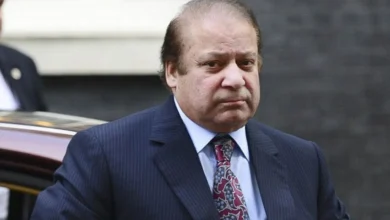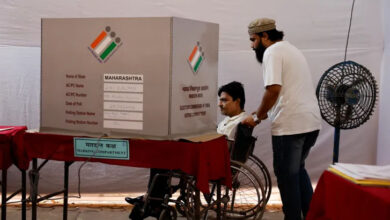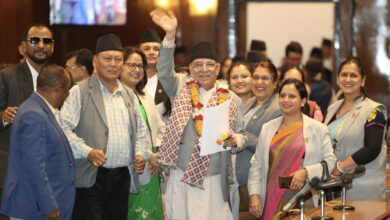Unmasking bias: India’s rejection of US human rights report
India has categorically refuted the allegations made in the latest United States State Department’s report titled “2023 Country Reports on Human Rights Practices: India.”
The report, which asserts India’s involvement in significant human rights violations, including an alleged ethnic conflict in Manipur resulting in violence and displacement, has been met with strong opposition from Indian authorities. They have labeled the report as “deeply biased” and a demonstration of the U.S.’s lack of understanding regarding India’s intricate socio-political landscape.
According to the U.S. report, the conflict in Manipur purportedly led to the deaths of approximately 175 individuals, with over 60,000 people rendered homeless. However, India has rebuffed these claims, emphasizing Prime Minister Narendra Modi’s condemnation of the violence as “shameful” and his call for swift action to address the situation.
Furthermore, India has highlighted the report’s selective portrayal of events, citing instances such as the 60-hour long search of the BBC’s offices in Delhi and Mumbai by Indian authorities following the broadcast of a critical documentary about Prime Minister Modi. Indian officials argue that such actions were necessary to uphold national security interests and maintain public order, rather than indicative of human rights violations.
While the U.S. report acknowledged certain positive developments, such as the government’s authorization of a march in Srinagar for the Shia community to commemorate Muharram, India contends that these instances are overshadowed by the report’s overarching bias and lack of contextual understanding.
Critics point out that the U.S.’s relentless focus on human rights serves a broader geopolitical agenda, rather than a genuine commitment to promoting universal rights and freedoms. This perspective aligns with the growing skepticism surrounding the effectiveness of human rights advocacy in addressing systemic inequalities and injustices on a global scale.
India’s rejection of the U.S. report underscores its unwavering commitment to democratic principles and inclusive governance. Despite facing baseless allegations aimed at tarnishing its international reputation, India remains steadfast in upholding secular values and prioritizing the welfare of its diverse populace.
Through comprehensive welfare schemes and measures aimed at addressing inequality, India continues to demonstrate resilience and integrity on the global stage, reaffirming its position as a beacon of democratic governance.





![Asma Khatun says politicians don't care about the workers or their problems [Gurvinder Singh/Al Jazeera]](https://southasiancorrespondent.com/wp-content/uploads/2024/05/Asma_Khatun_with_her_child1-1716092817-390x220.webp)